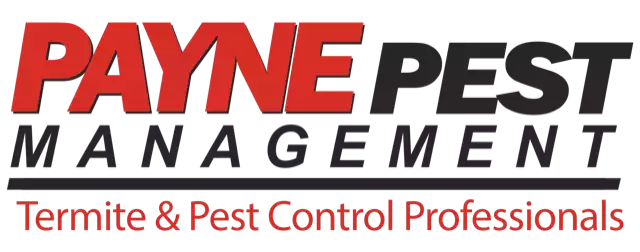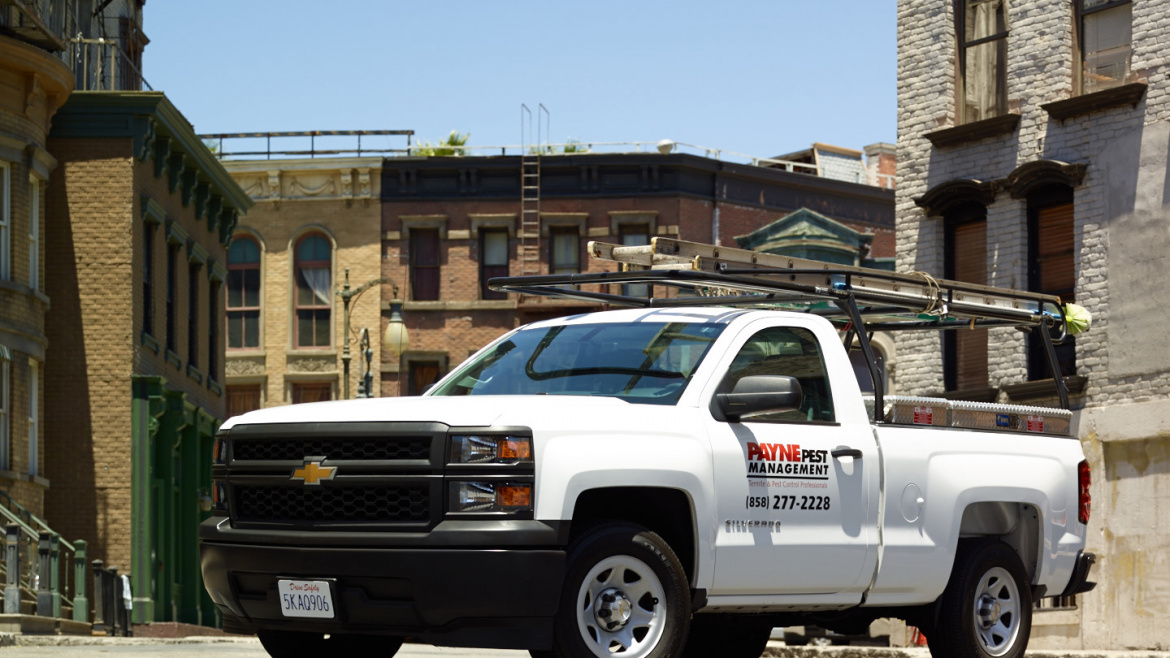The most common species of termites in home infestations, the subterranean termites, can build huge colonies with millions of members that can just tear through wood. They are active 24/7, so they can do damage pretty fast, and if left unattended, they can critically damage a building, even leading to collapse. They are also present throughout the entire United States, with the exception of the state of Alaska.
Signs of an infestation
There are two obvious signs that there is a termite infestation on your property. The first is the presence of mud tubes coming out of the ground and connecting to the wood of the home. This termite species cannot survive in the open air because the workers will dehydrate very quickly and die, so they will build these tubes whenever they need to travel above ground. The second sign is the presence of swarmers. If you notice swarmers indoors, or on your window sills, you may have a colony nearby. Other less obvious signs include visible damage to the wood. Termites are very covert when they infest a piece of wood, and as such, the damage that they cause does not become visible until the wood is thoroughly compromised. You can however rely on sound to detect infested wood earlier on, if you tap on it and the wood sounds hollow.
Preventive measures
Like in medicine, it is better to prevent an infestation than to have to remove it. In order to prevent termite infestations, you first have to deal with excess moisture and water accumulation, particularly near the foundation of the home. Make sure that there are no leaky pipes, and that water is properly diverted with splash blocks, gutters and downspouts. You also want to reduce humidity levels using proper ventilation. Then, you want to make sure that there are no wooden scraps in the ground or lumber waste on your property.
Controlling a subterranean termite infestation
Subterranean termites can be controlled using either chemical barriers or baiting stations. Both are very effective options that work differently, and you can talk specifics with a pest control specialist, who will walk you through the pros and cons of each option. If you would like to know more about these two methods, their costs, and how they can be implemented, contact us today.







